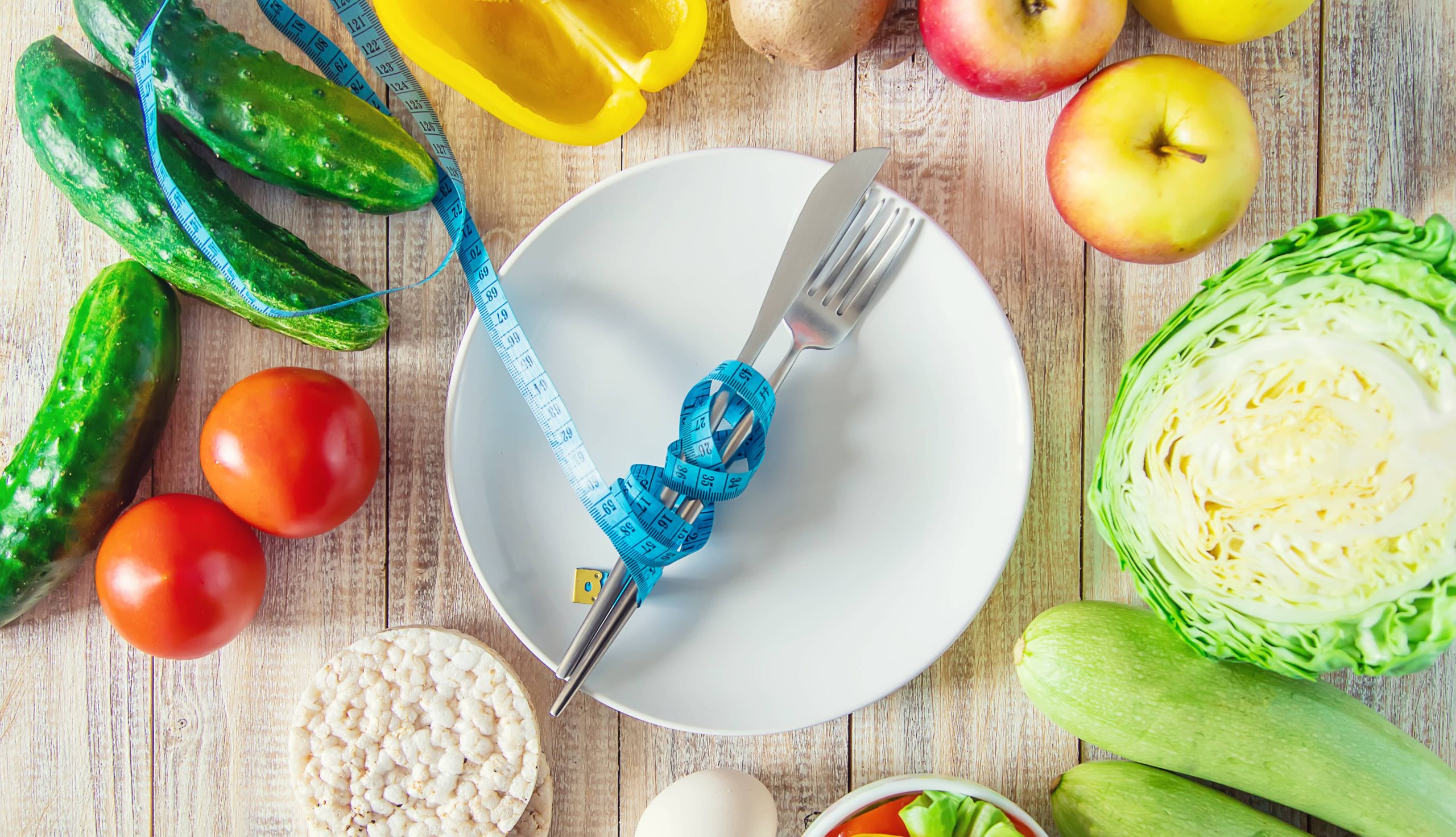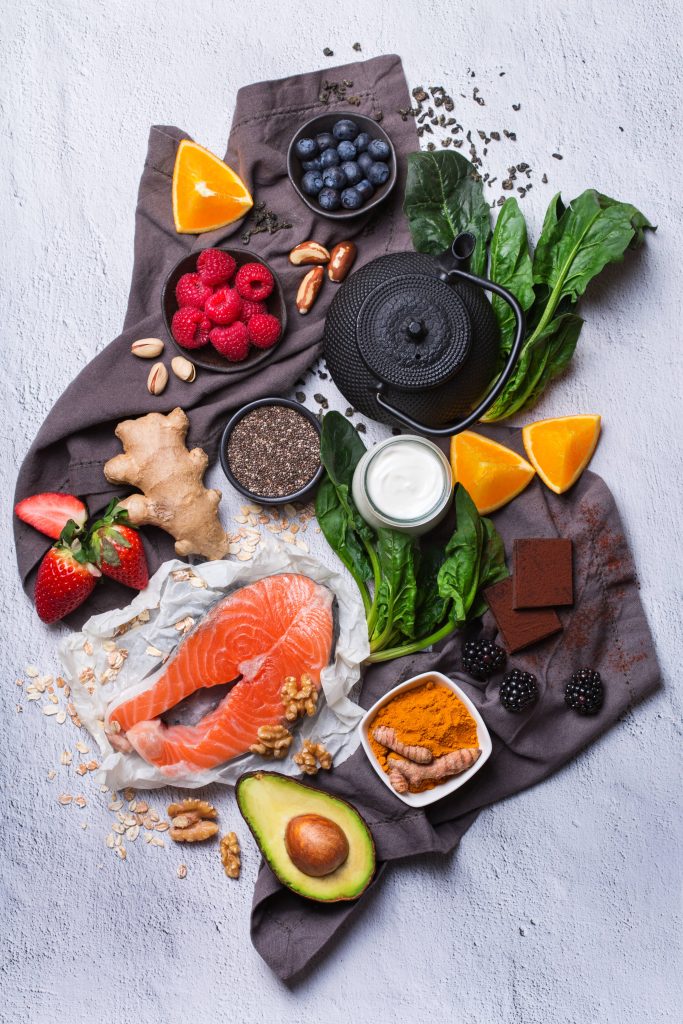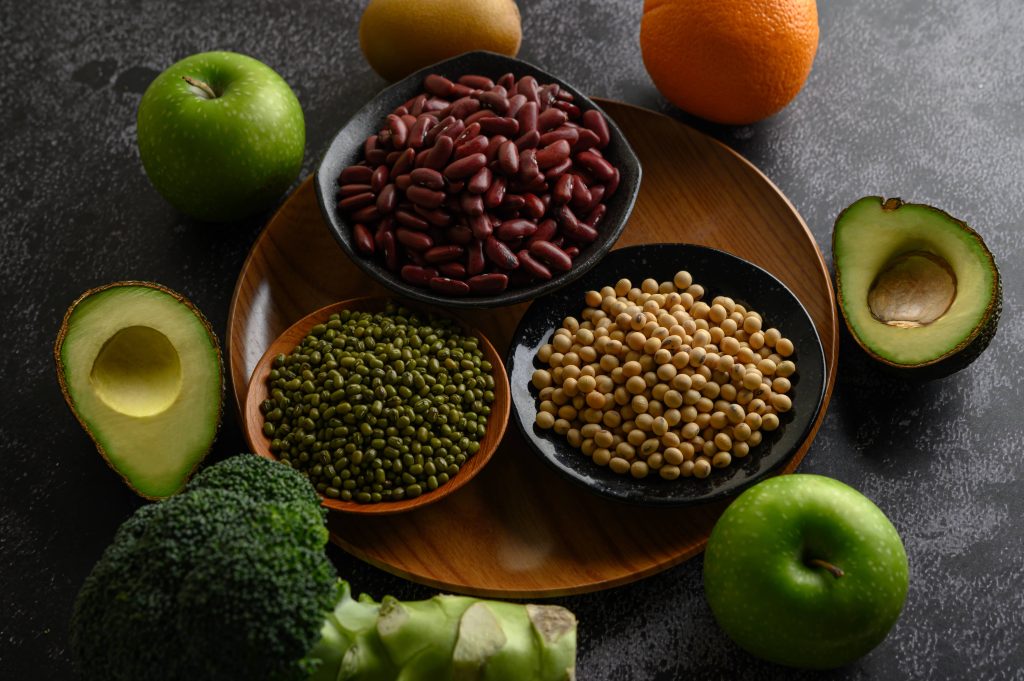
In the modern world, processed foods have become a staple in many households. From the convenience of ready-to-eat meals to the irresistible allure of snacks, processed foods offer a quick solution to our fast-paced lives. However, they also come with a set of challenges that can impact our health and well-being. In this blog post, we will delve into the delights and dilemmas of processed foods, exploring their benefits, drawbacks, and how to make informed choices.
The Delights of Processed Foods
Convenience and Accessibility
One of the most significant advantages of processed foods is their convenience. In today’s busy world, many people find it challenging to prepare meals from scratch. Processed foods offer a quick and easy solution, allowing individuals to enjoy a meal without spending hours in the kitchen. This convenience is particularly beneficial for those with demanding jobs, families, or limited cooking skills.
Processed foods are also widely accessible. They are available in almost every grocery store, making it easy for consumers to find and purchase them. This accessibility ensures that people have access to a variety of food options, regardless of their location or socioeconomic status.
Extended Shelf Life
Another benefit of processed foods is their extended shelf life. Through various preservation techniques, such as canning, freezing, and drying, processed foods can last much longer than fresh foods. This longevity reduces food waste and allows consumers to stock up on essentials without worrying about spoilage.
Nutritional Fortification
Many processed foods are fortified with essential vitamins and minerals, which can help address nutritional deficiencies. For example, breakfast cereals are often enriched with iron, folic acid, and other nutrients. This fortification can be particularly beneficial for individuals who may not get enough of these nutrients from their regular diet.
Variety and Innovation
Processed foods offer a wide variety of flavors and textures, catering to diverse tastes and preferences. Food manufacturers continually innovate, creating new products that appeal to consumers’ evolving tastes. This variety ensures that there is something for everyone, from savory snacks to sweet treats.
The Dilemmas of Processed Foods
Nutritional Concerns
Despite their benefits, processed foods often come with nutritional concerns. Many processed foods are high in added sugars, unhealthy fats, and sodium, which can contribute to various health issues, such as obesity, heart disease, and hypertension. Additionally, some processed foods may contain artificial additives and preservatives, which can have adverse effects on health.
Loss of Nutrients
During the processing of foods, some essential nutrients may be lost. For example, the refining of grains removes the bran and germ, which contain fiber, vitamins, and minerals. As a result, processed foods may not provide the same nutritional value as their whole-food counterparts.
Impact on Eating Habits
The convenience and palatability of processed foods can lead to unhealthy eating habits. People may rely too heavily on these foods, neglecting the importance of a balanced diet that includes fresh fruits, vegetables, and whole grains. This reliance can contribute to poor dietary patterns and an increased risk of chronic diseases.
Environmental Concerns
The production and packaging of processed foods can have significant environmental impacts. The use of plastic packaging contributes to pollution, while the energy-intensive processes involved in food production can increase carbon emissions. Additionally, the demand for certain processed foods can lead to unsustainable agricultural practices.
Making Informed Choices
While processed foods have their drawbacks, they can still be part of a healthy diet when consumed in moderation. Here are some tips for making informed choices:
1. Read Labels: Pay attention to the nutritional information on food labels. Look for products with lower levels of added sugars, unhealthy fats, and sodium.
2. Choose Whole Grains: Opt for whole-grain versions of processed foods, such as whole-grain bread and pasta, to increase your intake of fiber and essential nutrients.
3. Limit Processed Snacks: Try to limit your consumption of processed snacks and opt for healthier alternatives, such as fresh fruits, nuts, and yogurt.
4. Cook at Home: Whenever possible, prepare meals at home using fresh ingredients. This allows you to control the ingredients and portion sizes, ensuring a healthier diet.
5. Be Mindful of Portions: Even when consuming processed foods, be mindful of portion sizes to avoid overeating.
6. Support Sustainable Brands: Choose products from brands that prioritize sustainability and environmentally friendly practices.
Conclusion
Processed foods are an integral part of modern life, offering convenience and variety. However, they also present challenges that can impact our health and the environment. By making informed choices and balancing processed foods with fresh, whole foods, we can enjoy the delights of processed foods while minimizing their dilemmas. As consumers, it is essential to be mindful of our food choices and strive for a diet that supports our health and well-being.










